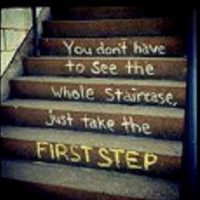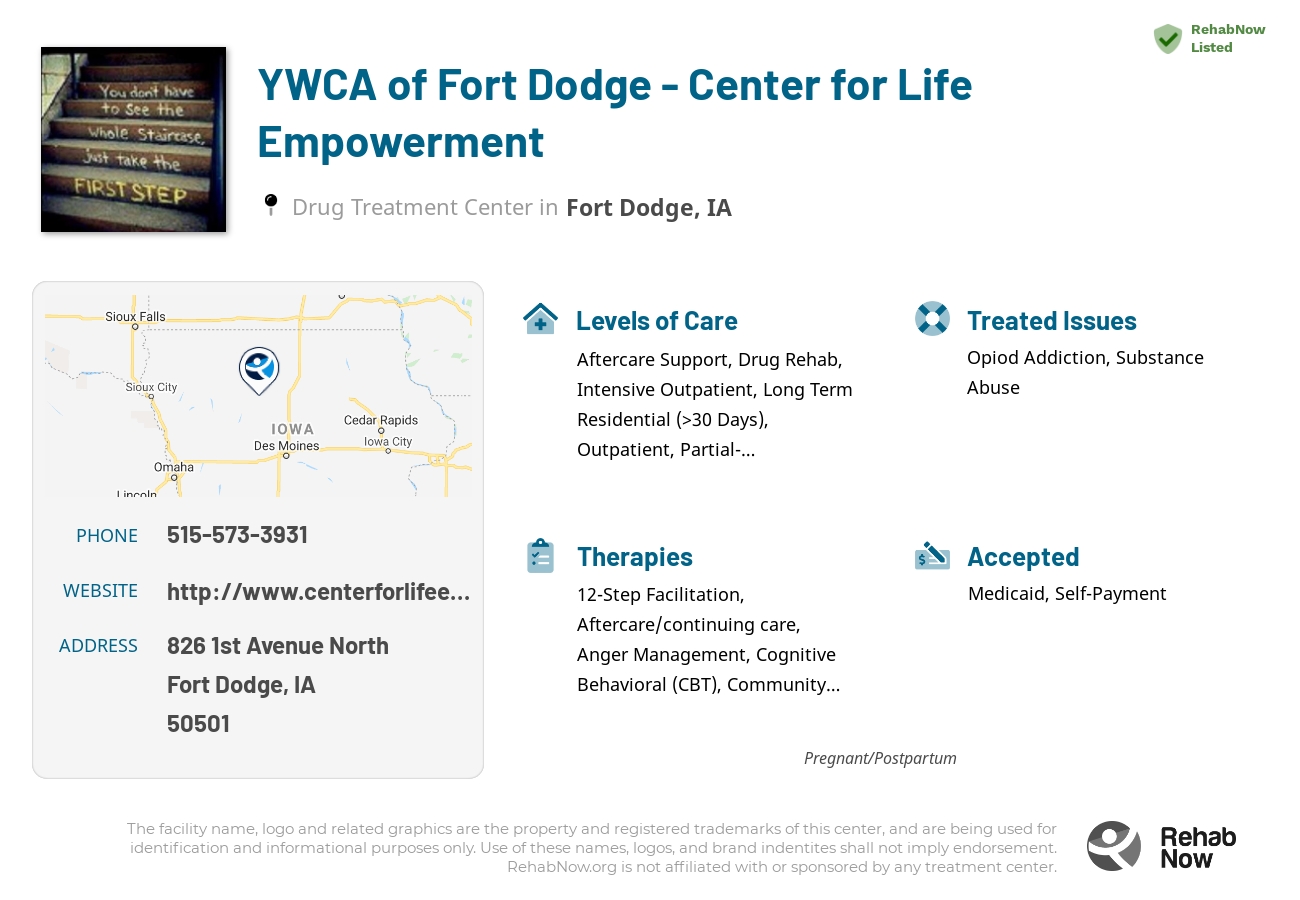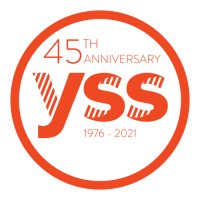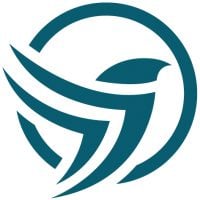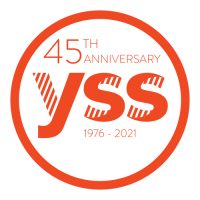About YWCA of Fort Dodge - Center for Life Empowerment in Iowa
YWCA of Fort Dodge - Center for Life Empowerment is an addiction treatment facility in Fort Dodge, Iowa, founded in 1909. The facility specializes in helping people who are affected by addiction, substance abuse, alcoholism, and dual diagnosis. They offer a full range of care options, including inpatient, residential, intensive outpatient, partial hospitalization, outpatient, aftercare support, and sober living services. Their staff of trained and experienced professionals provide clients with individualized treatment plans and services that are tailored to each person’s unique needs.
YWCA of Fort Dodge is accredited by the State and SAMHSA and provides a comprehensive range of services that help individuals struggling with addiction and substance abuse. They provide counseling and therapy services to help people identify and address the underlying causes of addiction and develop healthy coping skills. The facility also offers relapse prevention services and supports clients in setting and meeting their recovery goals. There are also group activities and support groups that give people the opportunity to connect with others in similar situations.
Genders
Ages
Modality
Additional
Accreditations
State License
SAMHSA
Conditions and Issues Treated
Treatment for opioid addiction is best made with the help of medical professionals who are experienced in dealing with these types of drugs. This treatment can involve medications, exercise, behavioral therapy, and counseling sessions. It is important to note that the effectiveness of treatments for opioid addiction vary, so it is vital to research which treatment options are suitable for each individual.
Many people who struggle with opioid addiction need to attend specific programs like methadone , Suboxone or Vivitrol clinics.
These types of programs will provide the patient with legal, prescription medications that can help them overcome their cravings for illegal opioids like heroin or fentanyl . If the patient has a chronic condition like Hepatitis C, they must undergo treatment before they can begin taking these medications.
Levels of Care Offered
This center offers a variety of custom treatment tailored to individual recovery. Currently available are Aftercare Support, Drug Rehab, Inpatient, Intensive Outpatient, Outpatient, Partial-Hospitalization, Residential, Sober-Living / Half-Way, with additional therapies available as listed below.
Inpatient recovery offers individual therapy, groups, and family therapy. The length of inpatient addiction treatment depends on the addict and their addiction. Inpatient rehab is a costly drug treatment, costing anywhere from $30k- to $60k. However, insurance often offers help in covering these costs.
An intensive outpatient treatment program, or IOP, is set up for those struggling with an addiction to begin the recovery process. However, the patient will not live at the facility during treatment.
IOP involves patients coming in and out of a medical office building regularly to receive therapy and other services while continuing their life outside of these visits.
IOP is a step up from drug detoxification or alcohol detox. However, it’s still considered a phase of recovery rather than the ultimate goal. There are many rehabs and treatment facilities available to patients in need of IOP.
Outpatient treatment can be considered the lowest intensity level of addiction treatment in Fort Dodge, IA. It is ideal for early phase addiction or lower intensity addictions. YWCA of Fort Dodge - Center for Life Empowerment peer group support, 12-step programs, and individual counseling are likely to be involved.
A partial hospitalization program (PHP) is designed to help those in Fort Dodge, IA with acute addiction symptoms. This means the person is treated in a hospital-like setting while still having some freedoms as an outpatient. Most PHPs like YWCA of Fort Dodge - Center for Life Empowerment require six hours of daily therapy and three days per week of group or individual counseling. If desired, they may sleep onsite or go home (but all participants are monitored more than any other type). These plans usually last one month but can be extended to six months, depending on your weekly time commitment!
Partial hospitalization programs are designed for people who need care but want to stay at home. Outpatient clinically supervised care allows people to participate in treatment while going about their daily lives without staying away from home for long periods.
The Partial Hospitalization Program requires you to be available for individual therapy sessions for a minimum of five days per week for twenty-four weeks. You will be seen for follow-up visits until the treatment is stopped.
Sober living homes are transitional houses for recovering addicts who need more structure than they would receive in an aftercare program. Specific rules and regulations are enforced in these homes, which are beneficial for people who need a greater degree of structure than other types of treatment.
Sober living home options include:
- Live-in managers – might be beneficial to people who do not have a support system in place at home, or who experience high levels of stress between work and home life.
- House managers – House managers are beneficial for people who do not have a strong social network to rely on, or who are concerned about relapse in their daily lives.
- House parents – House parents are beneficial to people who reside in areas without a strong aftercare program for support.
Residential treatment programs are those that offer housing and meals in addition to substance abuse treatment. Rehab facilities that offer residential treatment allow patients to focus solely on recovery, in an environment totally separate from their lives. Some rehab centers specialize in short-term residential treatment (a few days to a week or two), while others solely provide treatment on a long-term basis (several weeks to months). Some offer both, and tailor treatment to the patient’s individual requirements.
Aftercare support is vital to those who have completed a drug or alcohol treatment program. This support comes in individual and family counseling, treatment of psychiatric and other medical conditions, and medications to reduce cravings. It helps recovering addicts adjust to normal day-to-day activities and can last for a year or longer.
The majority of drug and alcohol addicts who receive aftercare treatment do not relapse. It is estimated that without aftercare, the relapse rate will be between 70 to 90 percent for most people. Aftercare is the final stage in addiction recovery, but it will also help maintain sobriety if relapse does occur.
Therapies & Programs
Individual therapy is ideal for addicts who want to focus on themselves. It can also be helpful for those whose withdrawal symptoms are exacerbated by the presence of other people.
Benefits of individual therapy are:
- Access to a personalized treatment plan that focuses on the individual needs of the addict
- More privacy during treatment sessions
- Better personal development through introspection
- Increased self-awareness regarding addictive tendencies in order to avoid relapse
- Greater potential for a long-term recovery plan
- Receiving professional advice and detox assistance from medical staff
Family therapy can help you and your family deal with old issues that may trigger substance abuse. The idea behind family therapy for drug addiction is that you are never fully healed from substance abuse until you’ve healed your relationship with your family, too. To get sober, you need to find a different way to cope with the pain in your life.
This is when a group of people in various stages of recovery meet up and discuss their experiences, triggers, successes, failures, and even alternative therapies! Unlike support groups where everyone already knows each other, group therapy is conducted along side outpatient or inpatient treatment at YWCA of Fort Dodge - Center for Life Empowerment.
Trauma therapy is a clinical process that helps individuals deal with mental stress often caused by traumatic events. The therapist helps the person identify, understand and work through the problem. This is done with the help of talking about it in group or one-on-one counseling sessions.
Therapists use relaxation, role-playing, art, and music to help the person open up about what is bothering them. Some examples include:
- Talking about the traumatic event and how it affected them.
- Helping those who have PTSD to deal with their nightmares and recurring memories.
- Working with individuals to resolve the issues triggering the stress, whether seeing someone who reminds them of what happened or feeling helpless.
The individual is also encouraged to help others that are struggling with similar problems. This often helps them feel empowered and gives them hope.
Trauma therapy is not for everyone; it is usually reserved for people who have recently experienced a traumatic event and struggle to get over it. It is generally done for children, teenage victims of sexual assault, and war veterans.
CBT is a psychotherapy approach and method. [ws-nap-name] people to examine how their thoughts, including habitual harmful and inaccurate thinking, affect their actions. CBT is based on the idea that rigid, inflexible thinking leads to poor stress management, which leads to emotional distress.
Similarly, CBT helps people identify and change negative behaviors. It makes you question your perceptions and ask if they are realistic. CBT asks people to examine their behaviors and emotional responses and how they affect their lives. CBT aims to change people’s thinking and behavior to lead a more balanced and healthy life.
Moreover, CBT has been shown to reduce anxiety disorders, depression, and symptoms associated with harmful thoughts or actions.
Those struggling with addiction can benefit from learning certain life skills. It is not as simple as quitting drinking or taking drugs and thinking that the hard part is over. Being sober means living a whole new way of life. Many recovering addicts have found that they need to develop talents like time management, organization, communication skills, socialization skills, and self-esteem to make their life in sobriety work, YWCA of Fort Dodge - Center for Life Empowerment is here to help with that.
Payment Options Accepted
For specific insurance or payment methods please contact us.
Additional Details
Specifics, location, and helpful extra information.
Fort Dodge, Iowa 50501 Phone Number(515) 573-3931 Meta DetailsUpdated November 25, 2023
Staff Verified
YWCA of Fort Dodge - Center for Life Empowerment Patient Reviews
There are no reviews yet. Be the first one to write one.
Fort Dodge, Iowa Addiction Information
Iowa ranks 2nd lowest in the nation for illicit drug use, but 12% of its residents are still using these drugs every single year. Methamphetamines account for more than 90% of all drug-related prison admissions in Iowa. Alcohol is the most widely abused substance in the state, with 23% of residents admitting to heavy drinking.
Fort Dodge, IA, has a drug abuse rate of 9.8% and a drug addiction rate of 5.9%. In 2014, there were 188 drug-related hospitalizations in Fort Dodge. The most common drugs involved in overdose deaths are opioids such as fentanyl and heroin. The types of treatment available in Fort Dodge, Iowa, vary depending on the facility, but all offer support and guidance for those in recovery.
Treatment in Nearby Cities
- Bayard, IA (49.1 mi.)
- Manning, IA (61.1 mi.)
- Iowa City, IA (148.4 mi.)
- Guthrie Center, IA (59.6 mi.)
- Shenandoah, IA (135.1 mi.)
Centers near YWCA of Fort Dodge - Center for Life Empowerment
The facility name, logo and brand are the property and registered trademarks of YWCA of Fort Dodge - Center for Life Empowerment, and are being used for identification and informational purposes only. Use of these names, logos and brands shall not imply endorsement. RehabNow.org is not affiliated with or sponsored by YWCA of Fort Dodge - Center for Life Empowerment.
